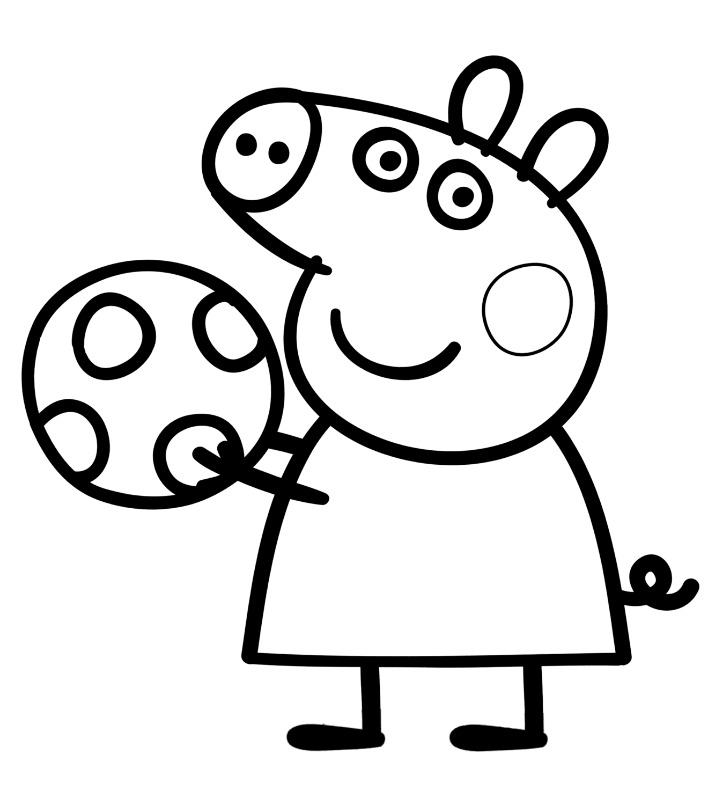Navigating Emotional Dysregulation in Young Minds
Many children experience intense, overwhelming feelings that seem to erupt without warning. This emotional dysregulation is a core challenge for kids with ADHD, often manifesting as explosive meltdowns. These aren’t tantrums; they’re neurological overwhelm, leaving both child and caregiver exhausted.
Beyond Behavior Management: Addressing the Root
Traditional approaches often focus solely on controlling the outburst. A holistic view looks deeper:
- Nutritional Gaps: Deficiencies in key nutrients can impact neurotransmitter balance.
- Gut-Brain Axis: Emerging science links gut health directly to mood stability.
- Stress Response: Supporting the body’s natural ability to manage stress is crucial.
This is where exploring carefully formulated holistic kids supplements, specifically designed to support emotional balance, becomes relevant. Supporting foundational wellness can create calmer seas.
Finding Calm: Strategies and Support
Creating a supportive environment involves multiple layers:
- Predictable Routines: Structure reduces anxiety, a common trigger for meltdowns.
- Sensory Tools: Weighted blankets, fidgets, or quiet spaces offer grounding during overwhelm.
- Emotional Coaching: Teaching kids to name feelings builds self-regulation skills over time.
For foundational nutritional support targeting emotional balance, many parents explore trusted options like kids mood supplements as part of a holistic plan.
Frequently Asked Questions
Is emotional dysregulation always linked to ADHD?
No. While common in ADHD, it can occur with anxiety, sensory processing issues, or trauma. A professional evaluation is essential.
How do holistic kids supplements differ from medication?
They focus on foundational nutritional and gut-brain support, not directly altering brain chemistry like stimulants. They are complementary, not replacements, for medical treatment.
Can diet alone manage severe meltdowns?
Diet is a powerful tool, but severe cases often require a multi-faceted approach: behavioral therapy, environmental adjustments, and sometimes medication alongside nutritional support.
What’s the first step when a child is chronically struggling with kids mood instability?
Consult a pediatrician or pediatric mental health professional to rule out medical causes and develop a comprehensive, individualized support plan.

